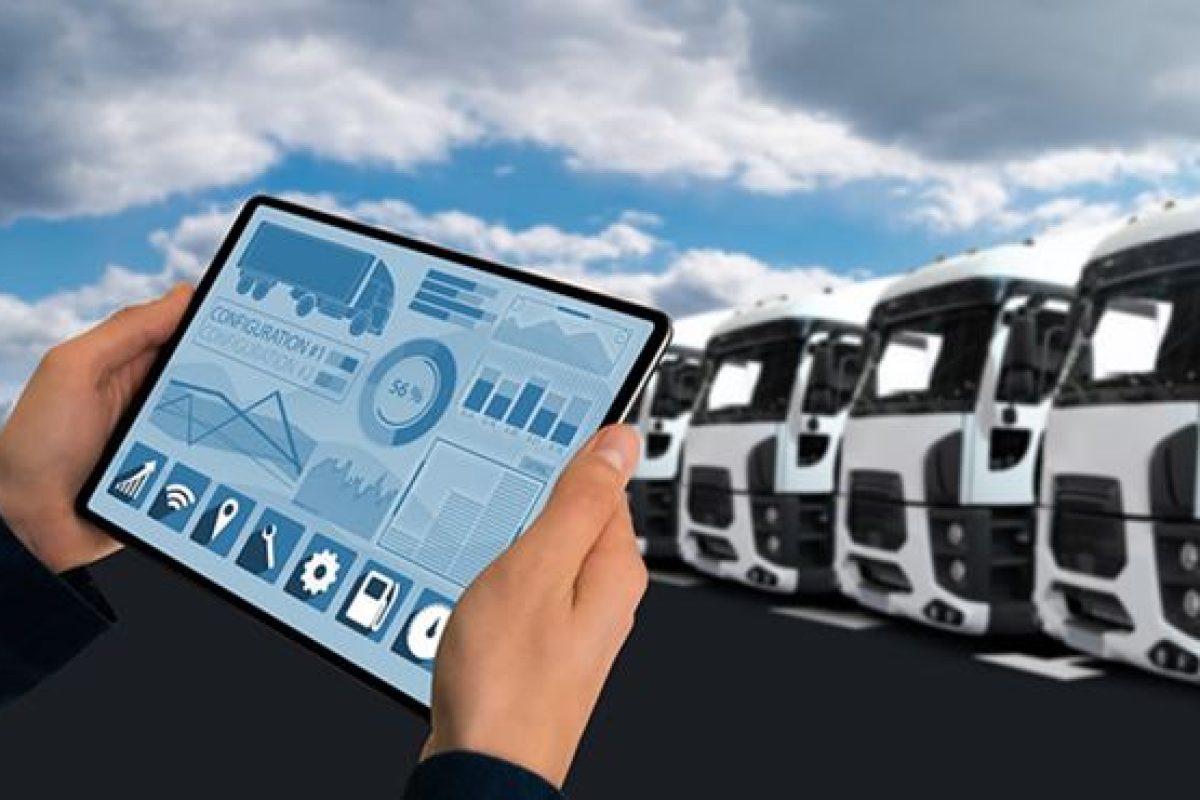As we delve into a new year, the fleet industry is witnessing rapid advancements and innovative solutions that are reshaping the way businesses manage their fleets. With the adoption of cutting-edge technologies, businesses can now enhance efficiency, reduce costs, and improve safety. In this blog, we will explore the top eight fleet industry trends for 2023 that are set to revolutionize the way fleet managers operate and optimize their fleets.
- Electrification and Sustainable Initiatives: The shift towards electric vehicles (EVs) continues to gain momentum. In 2023, we expect to witness a surge in the adoption of EVs by fleet operators, driven by increased environmental consciousness, government incentives, and improved charging infrastructure. Fleet managers will focus on reducing their carbon footprint and integrating sustainable initiatives into their operations to meet environmental goals.
- Advanced Telematics: Telematics technology, which encompasses GPS tracking, real-time vehicle monitoring, and data analytics, is becoming increasingly sophisticated. Fleet managers will leverage advanced telematics systems to gain deeper insights into driver behavior, fuel consumption, vehicle diagnostics, and maintenance schedules. This data-driven approach will optimize fleet efficiency, reduce downtime, and enhance overall productivity.
- Connected Vehicles and IoT: The Internet of Things (IoT) is revolutionizing the fleet industry by enabling seamless communication between vehicles, drivers, and fleet managers. Connected vehicles equipped with sensors and onboard technology provide real-time updates on vehicle health, location, and performance. This connectivity ensures proactive maintenance, improves safety, and streamlines operations through automated reporting and analytics.
- Artificial Intelligence (AI) and Machine Learning (ML): AI and ML are transforming the fleet industry by automating processes and providing predictive analytics. With AI-powered algorithms, fleet managers can optimize routing, minimize fuel consumption, and accurately forecast maintenance requirements. Additionally, AI-driven video telematics systems can enhance driver safety by identifying risky behaviors and providing real-time coaching.
- Autonomous Vehicles: While fully autonomous vehicles may still be some years away from widespread deployment, we expect to see significant advancements in autonomous technology within the fleet industry in 2023. Fleet managers will increasingly explore semi-autonomous features such as adaptive cruise control, lane-keeping assistance, and automated parking, improving driver safety and reducing human error.
- Mobile Apps and Fleet Management Software: Mobile applications and fleet management software are becoming indispensable tools for fleet managers. These solutions provide real-time visibility, enable efficient communication with drivers, optimize routes, and enhance customer service. In 2023, fleet management software will continue to evolve, integrating with various other technologies to streamline operations further.
- Big Data Analytics: The fleet industry generates a massive amount of data, and leveraging this data through big data analytics can unlock valuable insights. Fleet managers will use data analytics tools to identify patterns, optimize asset utilization, predict maintenance requirements, and make data-driven decisions that improve efficiency and reduce costs.
- Cybersecurity: As fleets become more connected, ensuring the security of vehicles, telematics systems, and data becomes paramount. Fleet managers will invest in robust cybersecurity measures to protect their assets from potential cyber threats. Encryption, firewalls, and regular security audits will be crucial in safeguarding sensitive fleet information and preventing unauthorized access.
The fleet industry is undergoing a transformative phase with technology playing a pivotal role in reshaping operations. From the adoption of electric vehicles and advanced telematics to the rise of AI and IoT, fleet managers have an array of cutting-edge solutions at their disposal. Embracing these trends in 2023 will empower businesses to optimize fleet performance, reduce costs, and improve sustainability, ultimately paving the way for a more efficient and greener future in the fleet industry.
For more information on how Traxxis GPS can benefit your fleet, visit Traxxis GPS.





